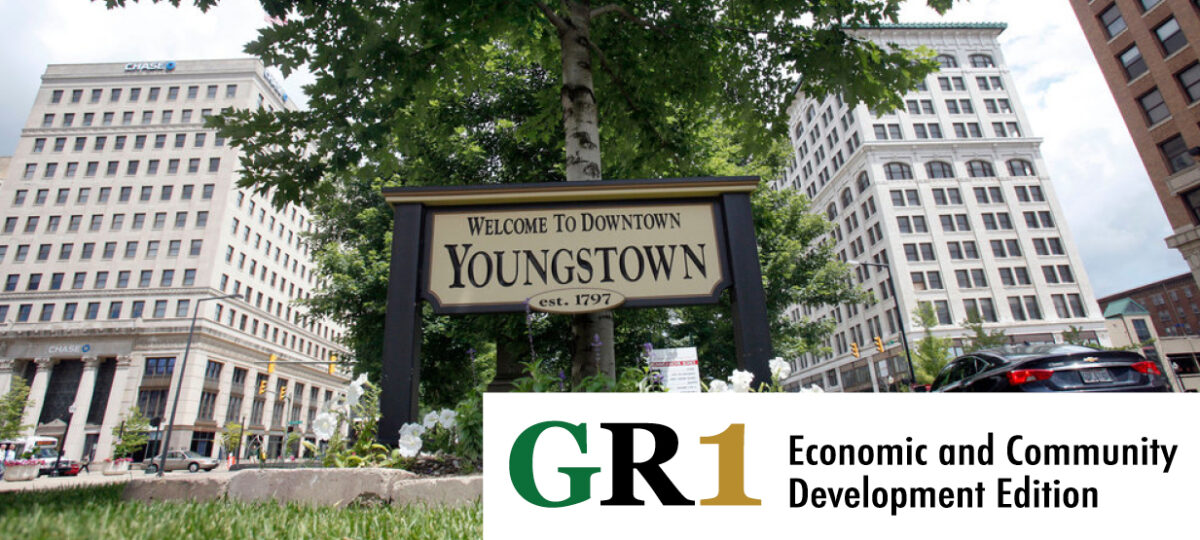YOUNGSTOWN, Ohio – The Ohio to Work program, a state initiative rolled out to replenish the workforce during the pandemic, stands to have a lasting impact in the Mahoning Valley.
The 18-month program ended in December, said Julie Michael Smith, program director for the Mahoning Valley Manufacturers Coalition. However, the foundational structure and resources will transition to a new Regional Workforce Coalition designed to improve workers’ readiness and training.
“It’s building on the success of Ohio to Work,” she said.
The Youngstown/Warren Regional Chamber and Youngstown State University would initially provide organizational leadership to help expand the new coalition.
Smith says there are approximately 20 members in the coalition and the partners have been meeting monthly.
“We’ve submitted an application for a technical assistance grant to the Appalachian Regional Commission to help build a stronger infrastructure with our workforce partners,” she said.
MVMC hosted a breakfast Jan. 18 at Stambaugh Auditorium to announce the impact of the Ohio to Work program.
MVMC membership consists of representatives from industry, education and development organizations. It was established 12 years ago to address major concerns related to developing a skilled workforce.
Ohio to Work was established in November 2021 and was administered through JobsOhio, the private economic development arm of the state.
“Our fundamentals at the time were to get Ohioans back to work for our employers,” said Kristi Clouse, senior managing director, talent, at JobsOhio.
The initiative provided resources such as a database to easily connect job seekers with employers, marketing and outreach support, job coaching and additional training efforts to enhance existing programs.
Ohio to Work was piloted in Cuyahoga County and then extended to the Mahoning Valley, Columbus, Cincinnati, Dayton and Toledo.
The program more than met its goals, data show. Statewide, Ohio to Work served 204,358 people, exceeding its goal by 340%. Of that number, 17,295 enrolled in some type of workforce training, beating the state goal by 345%. And 18,005 received job offers, surpassing the state target by 129%.
In the Mahoning Valley, the program also well exceeded the goals.
According to data provided by MVMC, 34,518 local job seekers were served through the program, well above the projected goal of 2,000. Also, 1,617 individuals were enrolled in training, surpassing the region’s target of 500 by 223%.
The program helped place 1,758 local people with jobs, outdistancing the region’s goal of 1,000 by nearly 76%.
The objective of Ohio to Work was not just to connect employees with employers but to lay a framework for local coalitions to take the lead once the program ended. “We wanted to co-design it by bringing all of you to the table,” Clouse said.
A critical element was engaging with local workforce development partners including industry employers, development organizations, higher education and other institutions.
The new Regional Workforce Coalition plans to continue working with groups such as the National Center for Urban Solutions, which administers the United Returning Citizens program locally, plus other effective organizations devoted to job training and placement.
“Ohio to Work’s Mahoning Valley partners have built the momentum for even a larger effort that is bigger and more transformative than what we could ever imagine,” said Melissa Maiorano, director of workforce development at the Regional Chamber.
